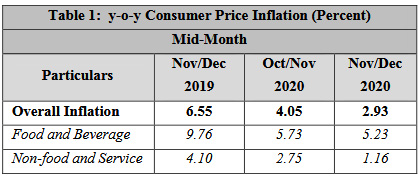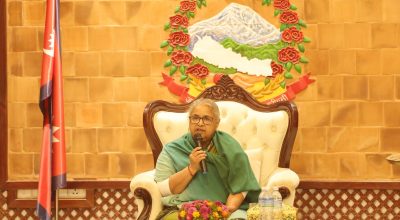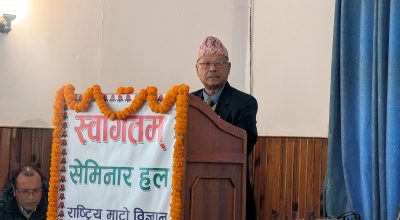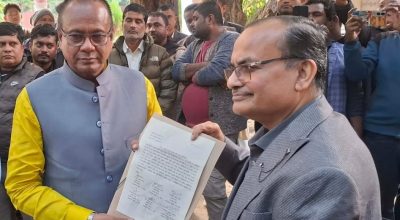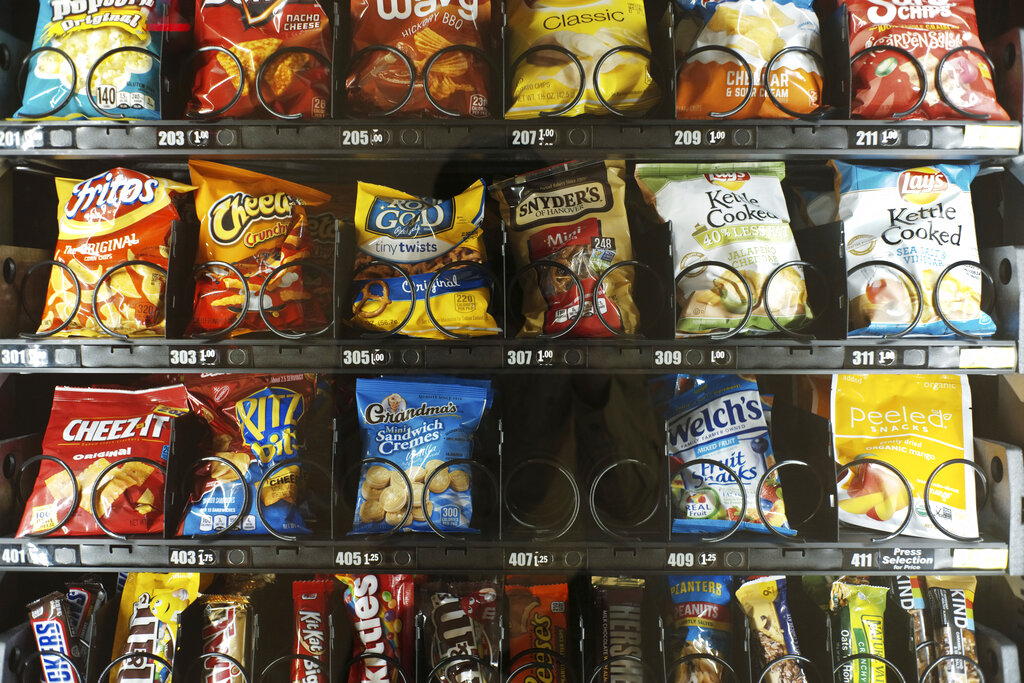
KATHMANDU: The Department of Commerce, Supply and Consumers’ Rights Protection (DoCSCRP) has taken action against 109 firms for violating the rule. The Department took action to the firms reasoning they indulged in wrong business.
During the market monitoring including in the Kathmandu Valley, the Department collected more than Rs 1.3 million in revenue, according to Information Officer Shivaraj Sedhai. The monitoring was conducted in 351 firms of 28 sectors in a month.
Among them, 168 were directed for immediate reform while the date-expired goods of huge amount were also destroyed. Sixty-six firms were sought clarification, and samples collected from six firms.
During the monitoring conducted for a month, action was taken mostly against food outlets. With the fine slapped on twenty-seven food outlets out of total 106, revenue of Rs. 4.4 million was collected. The food outlets were found engaged in unfair trade.
The shops of egg, feed, and cosmetics; grocery, feed industry, department stores, liquor shop, mart, and pharmacy were monitored. The monitoring team recorded the problems as exorbitant price, artificial shortage and black-marketing, and sale of date-expired goods.
In recent times, the consumers have complained about the sharp increase in essential items in the market. After the announcement of the election and dissolving the House of Representatives, the traders have begun increasing the essentials goods, especially food and grocery items.
However, the recently published report by Nepal Rastra Bank, the central bank of Nepal, has showed year-on-year wholesale price inflation at 7.46 percent in the review month compared to 8.98 percent a year ago.
The wholesale price of intermediate goods and capital goods increased 13.33 percent and 3.26 percent respectively while price of consumption goods dropped 0.60 percent. The wholesale price of construction materials increased 2.64 percent in the review month, NRB says.
The Bank says, “The year-on-year consumer price inflation stood at 2.93 percent in the fifth month of 2020/21 compared to 6.55 percent a year ago. Food and beverage inflation stood at 5.23 percent whereas non-food and service inflation stood at 1.16 percent in the review month.”
The price of fruit; ghee and oil; vegetables; and pulses and legumes sub-groups rose 14.75 percent, 13.01 percent, 11.44 percent and 10.74 percent respectively. In the review month, the Kathmandu Valley, Terai, Hill and Mountain witnessed 3.71 percent, 2.35 percent, 3.95 percent and 4.22 percent inflation respectively. These regions had witnessed 7.60 percent, 6.66 percent, 5.27percent and 4.83 percent inflation respectively a year ago.
